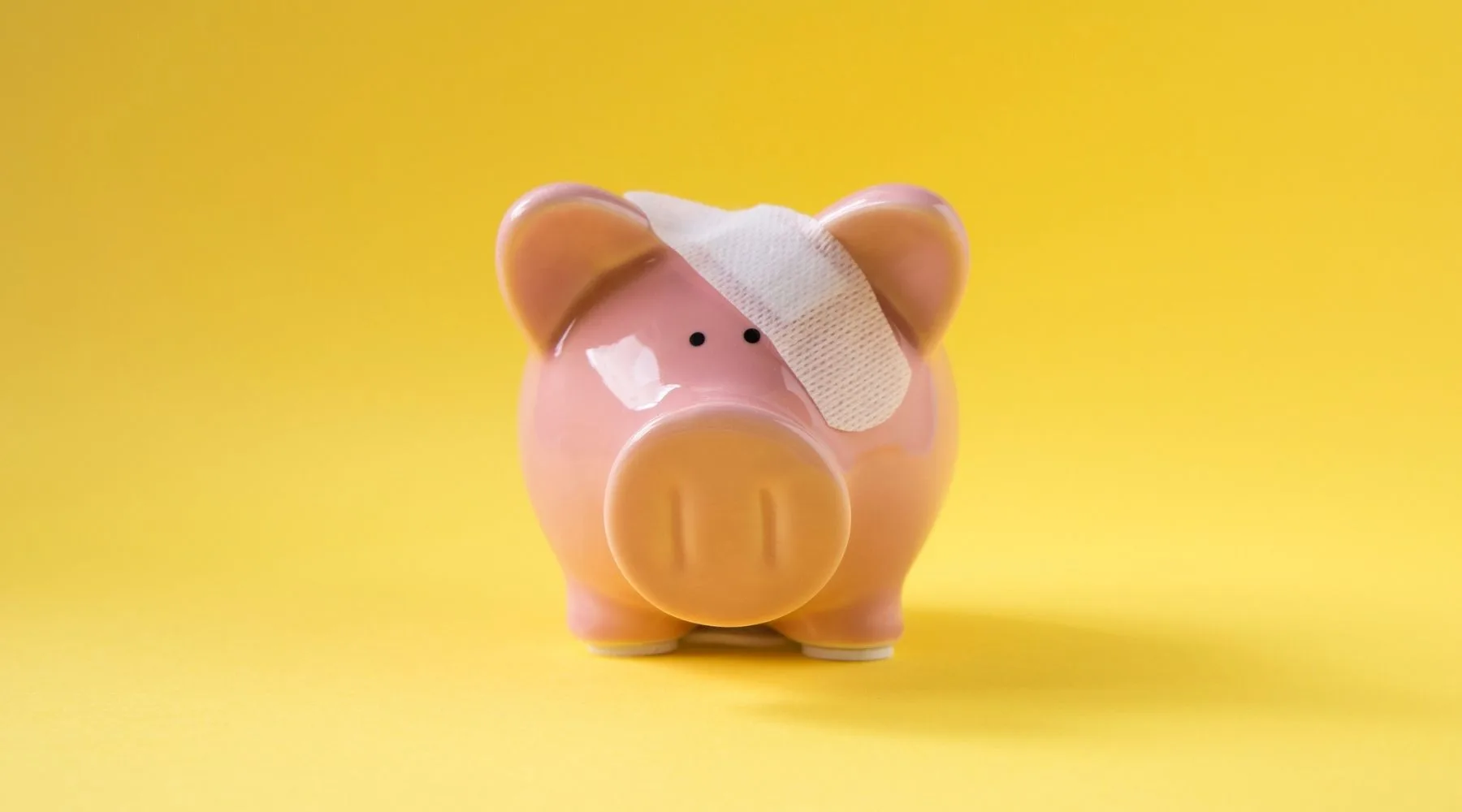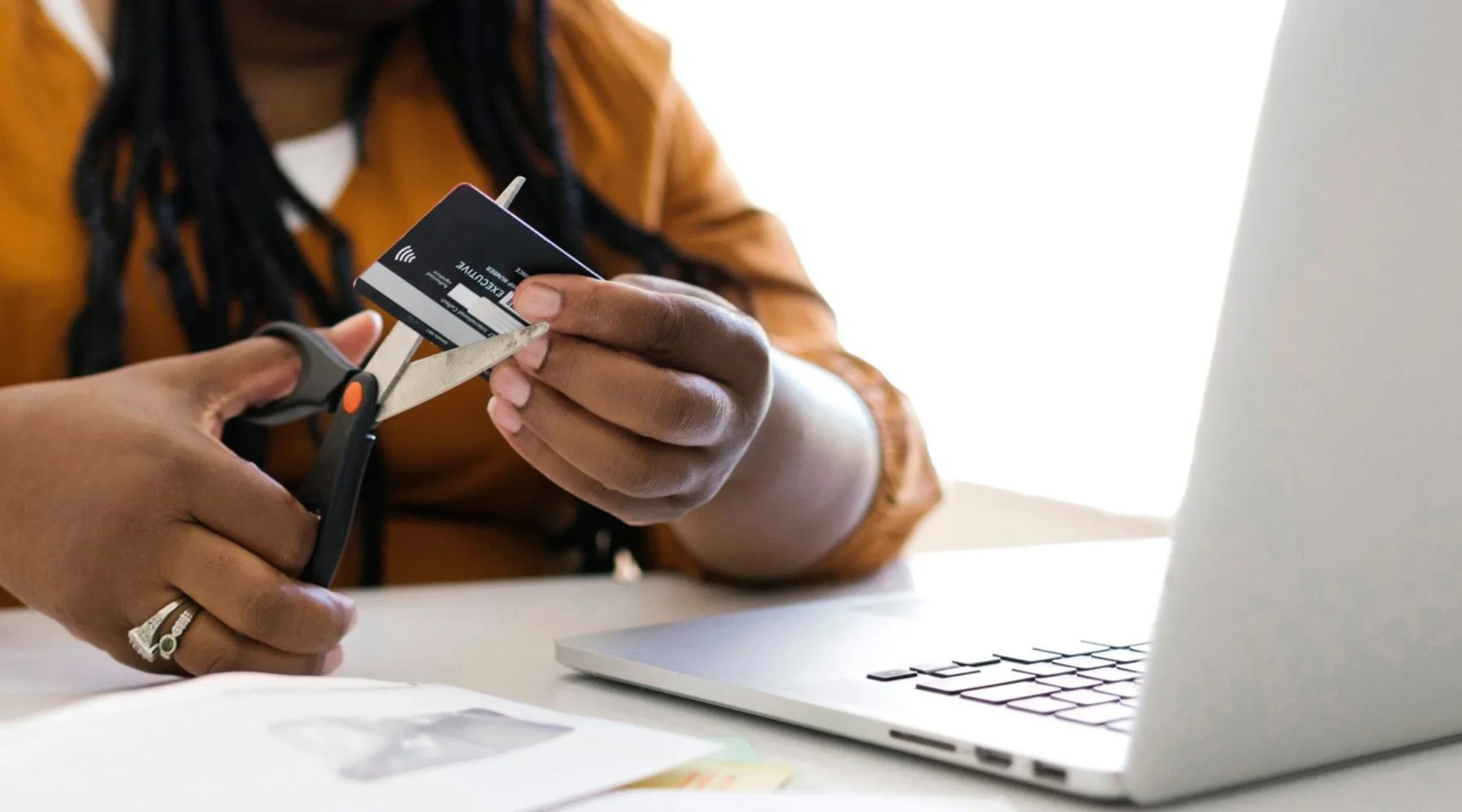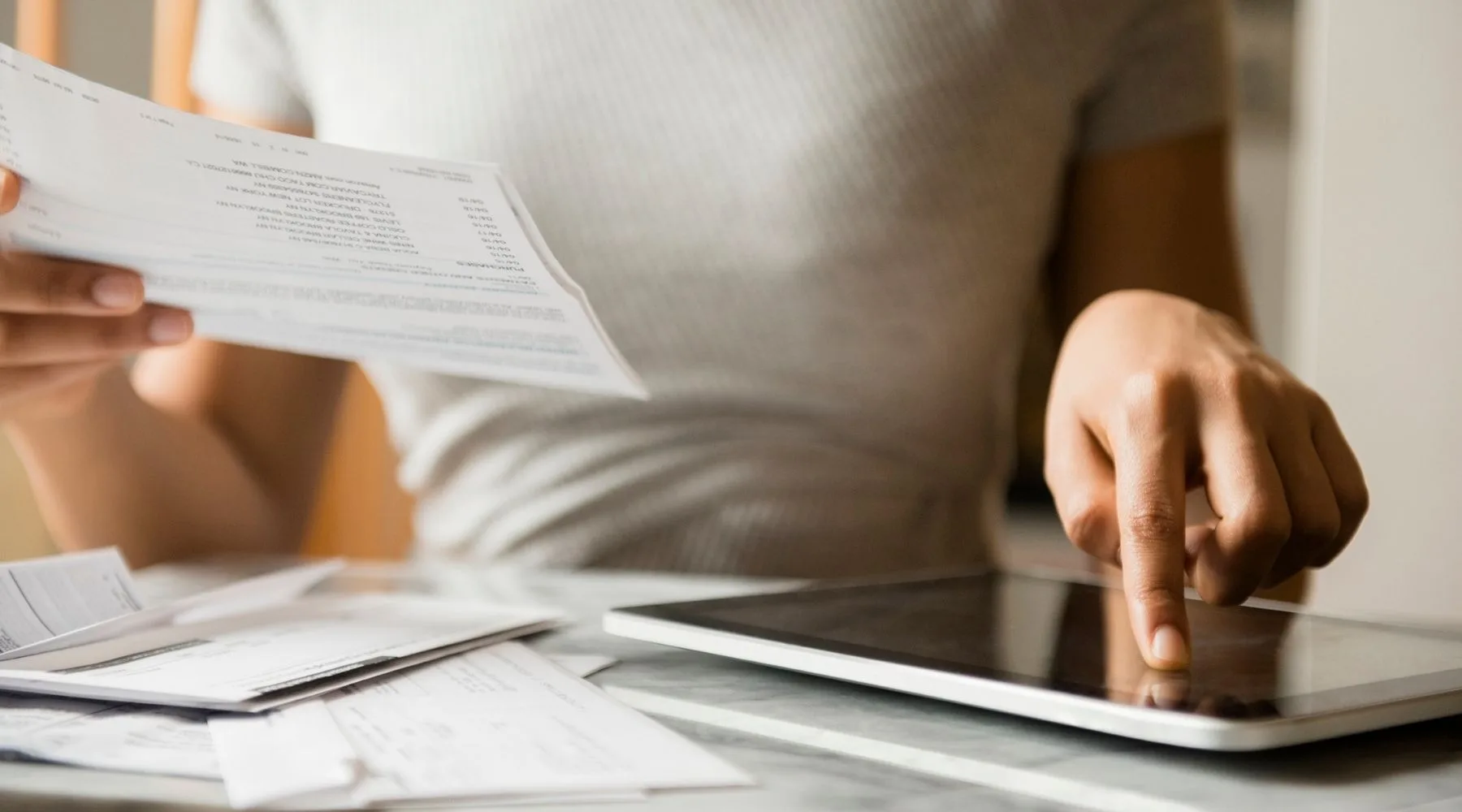Found yourself in debt? Here’s what to do about it

Even financially savvy people can end up in debt. But there are ways to get back in the black sooner than you might have expected.
 Sponsored by MoneyMe. Simplify your debts into one monthly repayment with rates cheaper than the major banks. Finder exclusive: Apply for a OneDebt loan before November 30, 2021 and get approved, to get $250 credit back. T&Cs apply^.
Sponsored by MoneyMe. Simplify your debts into one monthly repayment with rates cheaper than the major banks. Finder exclusive: Apply for a OneDebt loan before November 30, 2021 and get approved, to get $250 credit back. T&Cs apply^.Life is expensive and is always going to throw little (and not so little) curveballs our way. Unfortunately, those curveballs can often come with financial drawbacks that just can't be avoided.
Maybe your car needs repairs or your fridge has gone kaput. Maybe your partner lost their job or your hours were reduced. Maybe you have medical bills or a few parking fines to pay for.
There are a million and one things that can suddenly pop up and if we get hit by a few of these in close succession, it's pretty easy to fall into debt. But that doesn't mean you're stuck there.
There are heaps of handy tricks to help you get out of debt sooner, so the burden is off your shoulders and you can focus on rebuilding your finances. Let's take a look.
Contact creditors
If there's an extenuating circumstance for you falling into debt, contact creditors and explain that. Sometimes, companies have financial hardship measures in place which either allow them to wipe some of the debt or extend your payment schedule.
This is particularly true following the pandemic. For example, many insurance companies and utility providers either waived or reduced premiums for impacted customers.
It's not always the case but you don't know until you ask. Give them a call, explain the situation and ask if there's anything they can do to reduce your outstanding balance or adjust the repayments to make them more manageable. Even if they can't, they might be able to find a more affordable plan for you moving forward, which lowers your outgoings anyway.

Consolidate your debt
Debt consolidation is a surprisingly simple way to reduce stress and potentially save some money too. Basically, it just means combining multiple debts into a single debt. There are a few ways to do this but one of the most common methods is taking out a personal loan.
If you have multiple debts - it could be across credit cards, medical bills, or buy now pay later providers - taking out a debt consolidation loan to pay them all off could make your life much easier.
Instead of multiple bills to juggle, you'll only have one to remember. Plus, it makes it easier to see exactly how much you have left to pay off and what fees you might be getting charged.
Not only that, but personal loans generally have a lower comparison rate than credit cards, so if you have most of your debt on credit cards, you could potentially save money on interest too.
While debt consolidation can sound a little intimidating, the process is probably easier than you realise. With the surge of digital banks in recent years, it's possible to settle a personal loan without ever going into a bank or filling out endless forms.
For example, MoneyMe has OneDebt, a platform specifically designed for debt consolidation which offers personal loans of up to $50,000 with comparison rates starting from 7.64% p.a. (Much lower than the average credit card interest rate of 19.94% p.a.)
The online lender is also firmly against paperwork so the application is entirely online and can be done in minutes. Even better, the money could be in your account within a matter of hours.
You may also be able to consolidate some of your debt by using a credit card with an interest-free period on balance transfers. However, the types of debt you can transfer are limited so always check the fine print before signing up.
Consolidate multiple debts into one with MoneyMe's One Debt. Apply and get approved for before November 30, 2021 and get $250 credit back. T&Cs apply.
Manage your credit cards
Use them responsibly and credit cards can be a great cash-flow tool. Plus, depending on the card you have, you could benefit from perks such as insurance, rewards programs, or frequent flier miles.
However, to avoid paying interest and getting further into debt, you should always pay your balance off in full every month, if possible. You should also weigh up whether you're really making the most of your perks. You may be paying an annual fee for benefits you don't use.

Create a budget
If you're yet to do it, create a new and detailed budget taking into account all of your debt repayments and also putting money aside for an emergency fund, if you can.
Generally speaking, it's good to aim for 3 months of expenses. Building up an emergency fund might take time as you try to get out of debt, but it could be the safety net that saves you from falling into debt again next time life throws a few of those curveballs one after the other.

Speak to debt counsellor
There are heaps of free resources for people in debt and I'd urge anyone to take advantage of them as soon as the IOUs start stacking up.
The National Debt Helpline is a good place to start and offers online resources, an instant chat service and phone support. You can also get in touch with a trained financial counsellor who won't be judgmental and can offer free advice about debt and credit.
Consider consolidating your debt with MoneyMe's OneDebt
Compare other products
We currently don't have that product, but here are others to consider:
How we picked theseCompare other personal loan providers here
